Inside the Murdoch family fortune
How Rupert Murdoch built an empire, and the battle to control it
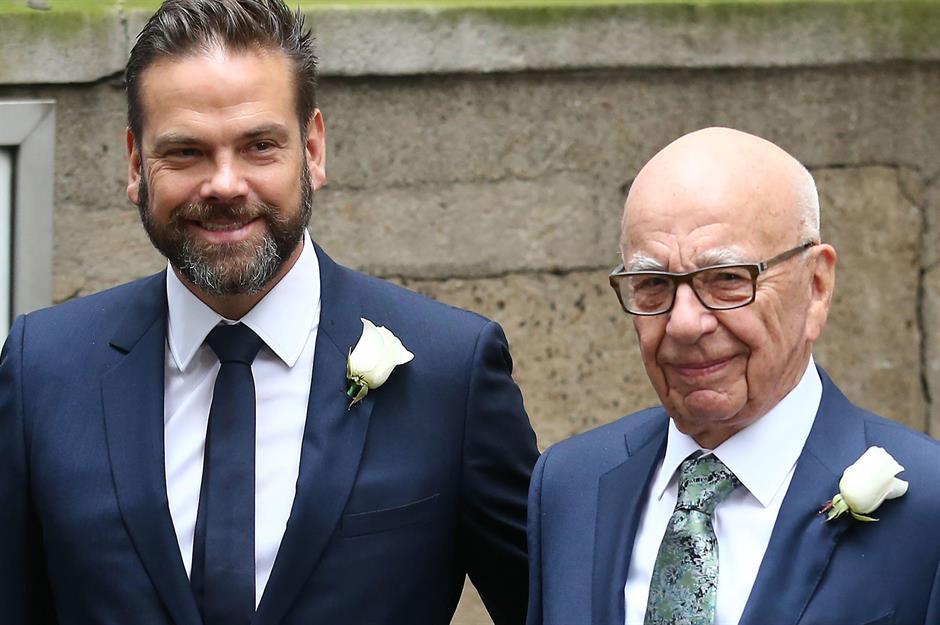
Over the course of seven decades, Rupert Murdoch has built a media empire consisting of some of the most popular newspapers and most-watched TV channels around the world. However, in recent years the members of the $24.4 billion (£18.1bn) Murdoch family have battled over the fate of their sprawling news and entertainment juggernaut. But has a deal finally been agreed?
Read on to discover how Rupert Murdoch made his billions and learn more about the succession saga that inspired a hit HBO show.
All dollar values in US dollars unless otherwise stated.
Rupert Murdoch's powerful father
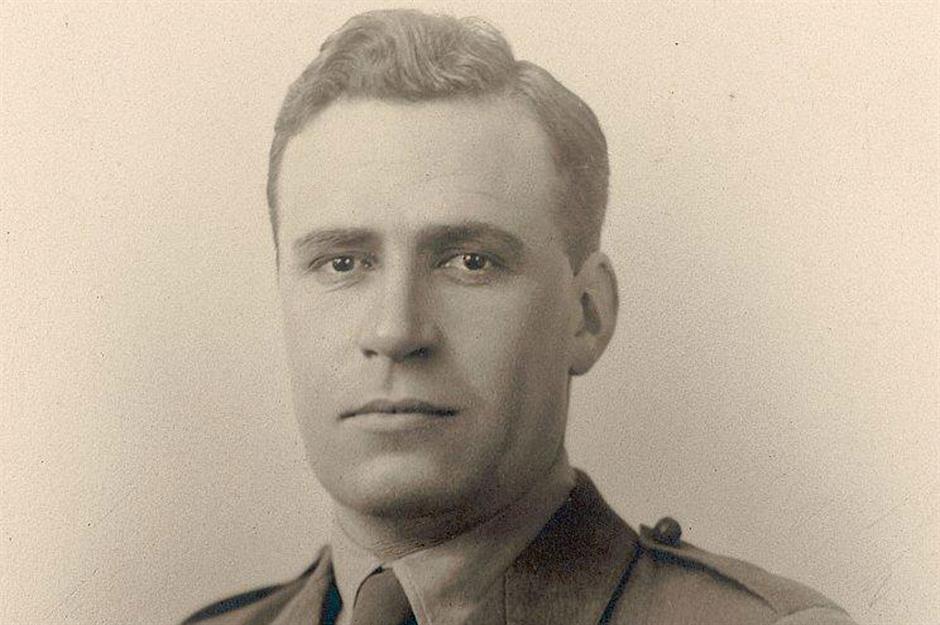
Rupert Murdoch was born in 1931 on his family's homestead just outside Melbourne. His father Keith was a celebrated war correspondent who managed several newspapers, including The Herald in Melbourne and Brisbane's Courier-Mail, and was even knighted by King George V in 1933.
Foreshadowing his son's career, Sir Keith specialised in the sensationalist 'yellow journalism' of his British mentor, the Daily Mail boss Lord Northcliffe, and wielded significant political influence, using his newspapers to shape government policies.
Rupert Murdoch's early journalism jobs
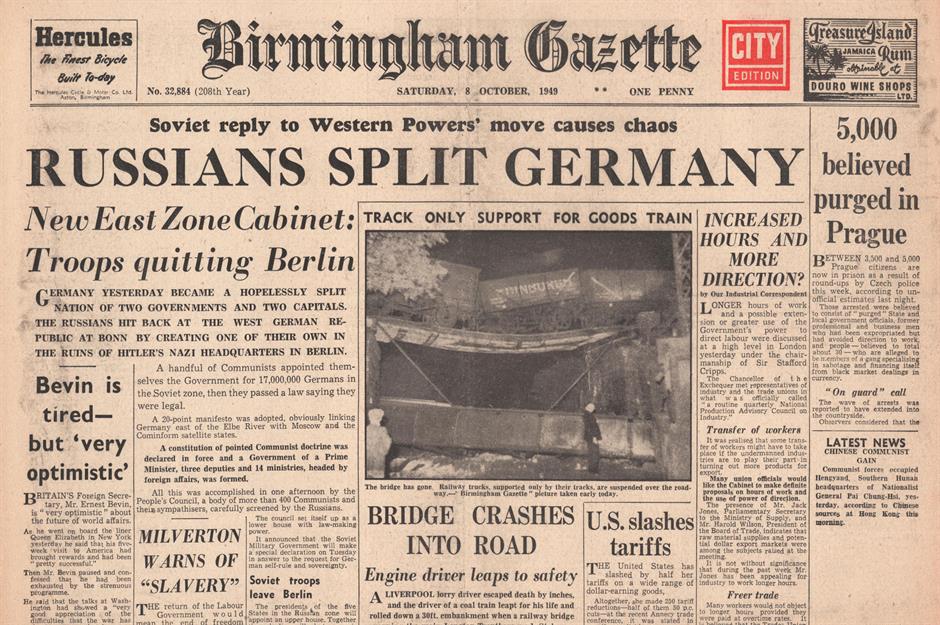
Groomed by his famous father from an early age to eventually take over the family business, Rupert graduated from the prestigious Geelong Grammar School in 1949 and had a short stint on The Herald as a cadet reporter.
In 1950, the future media mogul decamped to the UK, where his father introduced him to the movers and shakers of Fleet Street, at the time the UK's hub for publishing. Rupert went on to land a junior reporter role at the Birmingham Gazette.
Sponsored Content
Red Rupert
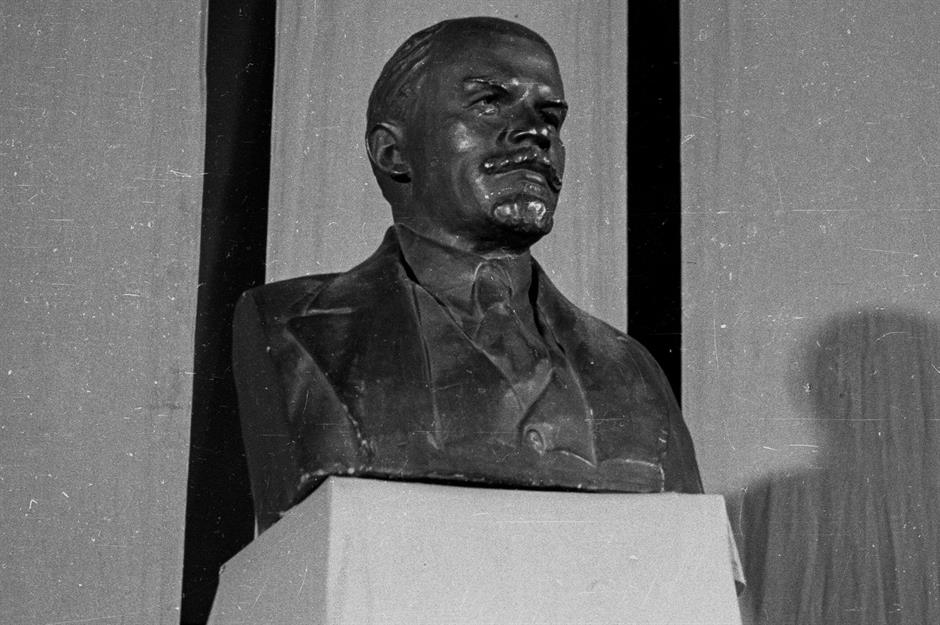
Not long after, Rupert won a place at Worcester College, University of Oxford, to study politics, philosophy, and economics (PPE). Intriguingly, Rupert was a staunch socialist at the time, going decidedly against the grain.
Nicknamed 'Red Rupert', he reportedly kept a bust of Vladimir Lenin in his dorm room and was a die-hard supporter of the UK Labour and Australian Labor parties. Though Rupert later moved from left to right, his early political beliefs reflected his lifelong anti-elite sentiments as he railed against the 'snobbish' British establishment.
Sir Keith Murdoch dies
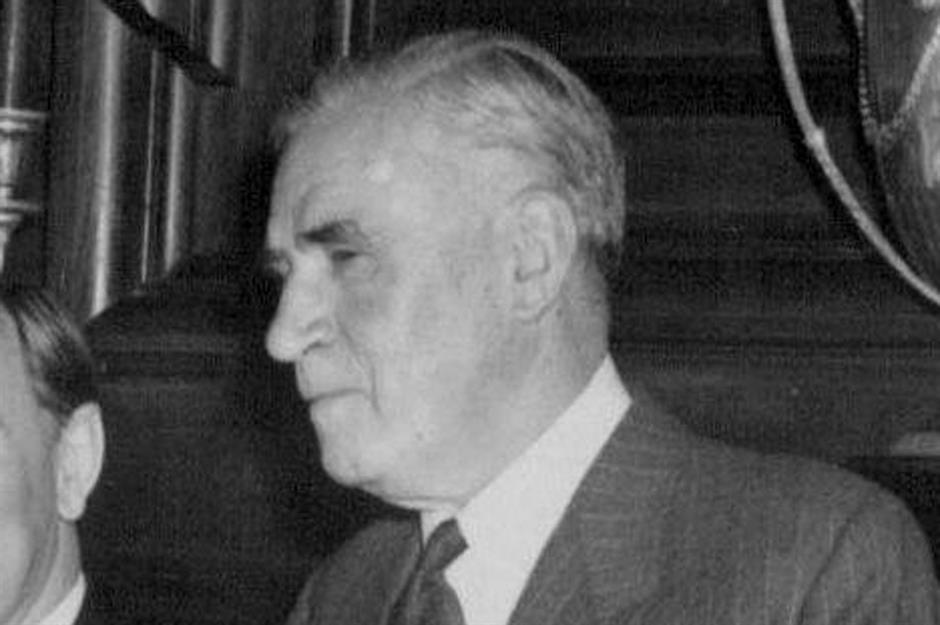
Sir Keith passed away in 1952. His estate was valued at £410,004, the equivalent of around $12 million (£9m) today, but much of his net worth went towards death duties, mortgages, and other liabilities. Sir Keith had amassed a newspaper empire, but the bulk of it, including his stake in The Herald, had to be sold off to settle his debts.
That left a controlling interest in News Limited, the publisher of Adelaide daily The News and (Sunday) Mail, as well as the Broken Hill Barrier Miner. News Limited also had a large stake in Southdown Press, the publisher of women's magazine New Idea, and stakes in two radio stations.
Rupert Murdoch's Daily Express stint
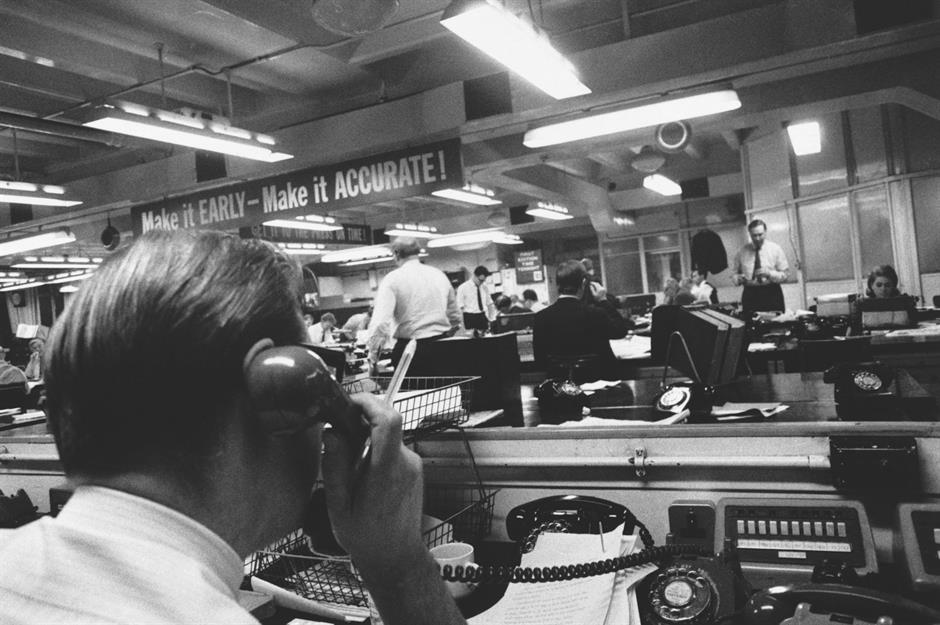
Rupert returned to Australia for a time but had missed his father's funeral. He then went back to the UK to complete his studies, earning a third-class degree in 1953.
After graduating, Rupert worked briefly as a subeditor on Lord Beaverbrook's Daily Express, gaining valuable experience in the populist journalism that would characterise many of his subsequent ventures.
Sponsored Content
Rupert Murdoch heads the family business
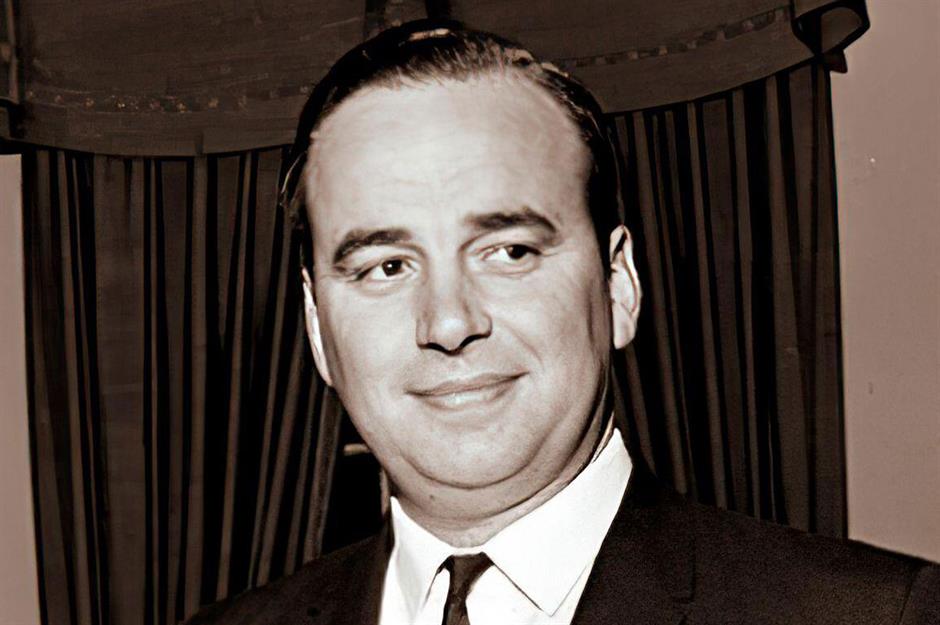
Later in 1953, 22-year-old Rupert returned to Australia to take up the reins of News Limited. Interestingly, the future media magnate was bequeathed only 28% of the family business. The rest was controlled by his mother and three sisters until the 1990s when Rupert bought them out, though that succession saga was amicable.
At the helm of The News, Rupert allowed his editor to develop the daily into Australia's most liberal newspaper and a bastion of progressiveness. A hands-on boss, he was hugely successful in boosting its circulation and revenue.
Rupert Murdoch acquires The WA Sunday Times
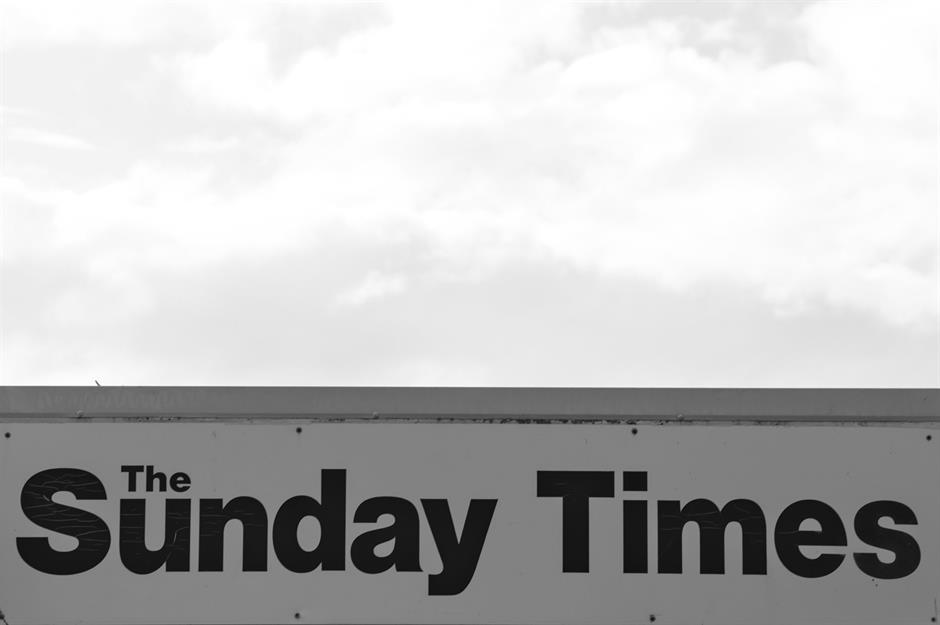
Eager to expand the family empire, Rupert snapped up publisher Western Press in 1954. Its prized asset was Western Australia's only Sunday title, The Sunday Times.
According to Rupert's biographer Thomas Kiernan, The Sunday Times was the real birthplace of sensational Murdoch journalism. Quoted in The Conversation, Kiernan claims the newspaper perfected “the exaggerated story filled with invented quotes; the slavishly sensationalised yarns; the eye-shattering, gratuitously blood-curdling headline”. It was a formula that would pay dividends in the years to come.
Rupert Murdoch branches out into TV
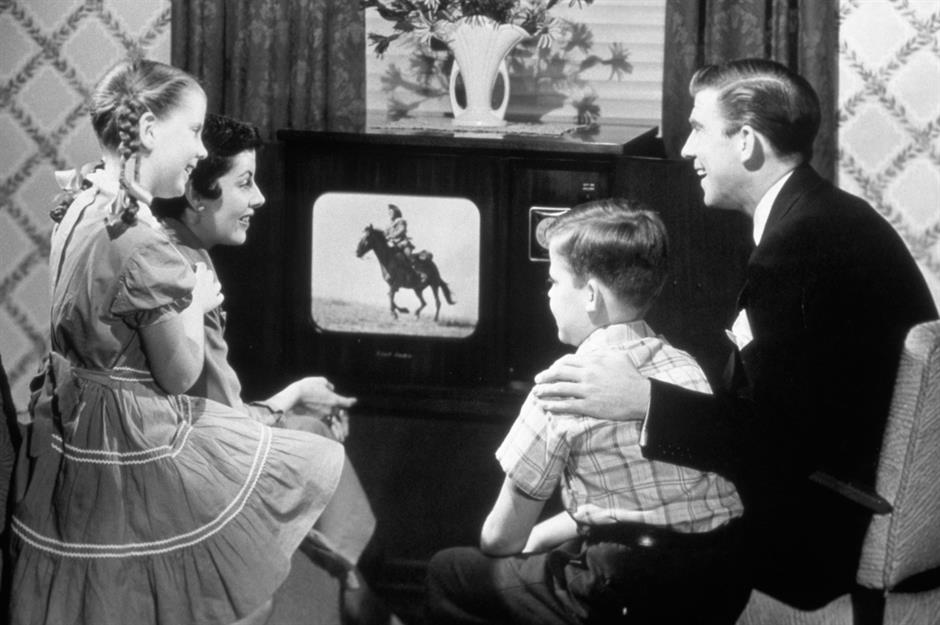
Rupert's burgeoning media empire went from strength to strength during the latter half of the 1950s. The Sunday Mail merged with rival title The Advertiser in 1955 following a brutal circulation war, giving Rupert a Sunday newspaper monopoly in Adelaide.
He also branched out in 1957, establishing TV Week magazine, which he was inspired to start after visiting the offices of America's TV Guide. The following year, News Limited was granted a commercial TV licence in Adelaide, creating the precursor to Channel 9. By the end of the decade, Rupert had become a bona fide media magnate with interests in newspapers, magazines, radio, and TV.
Sponsored Content
Rupert Murdoch marries his first wife and moves to Sydney
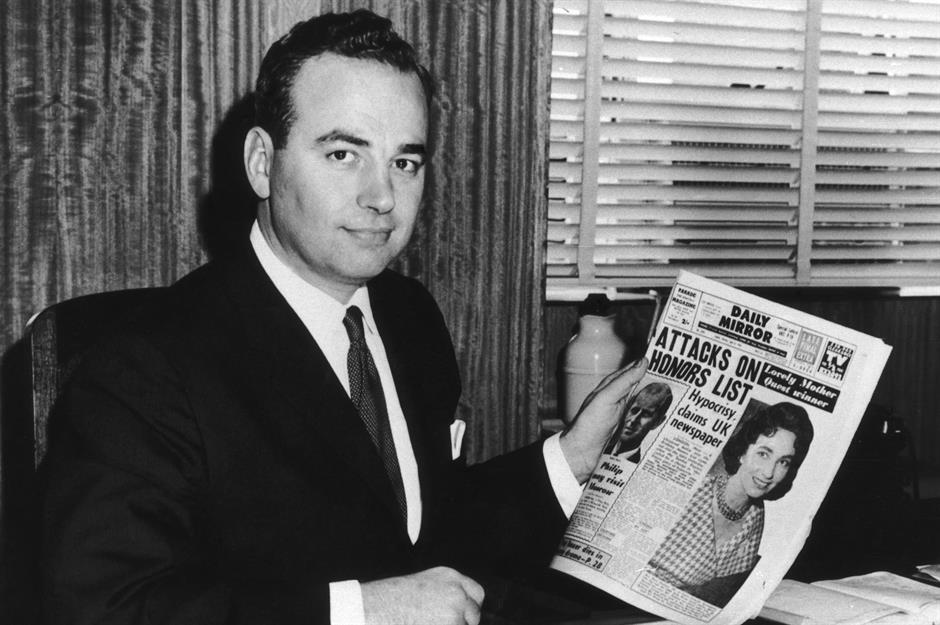
In the meantime, Rupert married his first wife, flight attendant Patricia Booker. Their daughter, Prudence, was born in 1958.
In 1960, Rupert turned his attention to Sydney, taking over the Daily Mirror, which he transformed into the city's most popular afternoon newspaper. He acquired a controlling interest in WIN Television in 1963, and the following year News Limited launched The Australian, the nation's first national daily newspaper and the firm's first 'respectable' title.
Rupert Murdoch divorces his first wife, remarries and heads to London
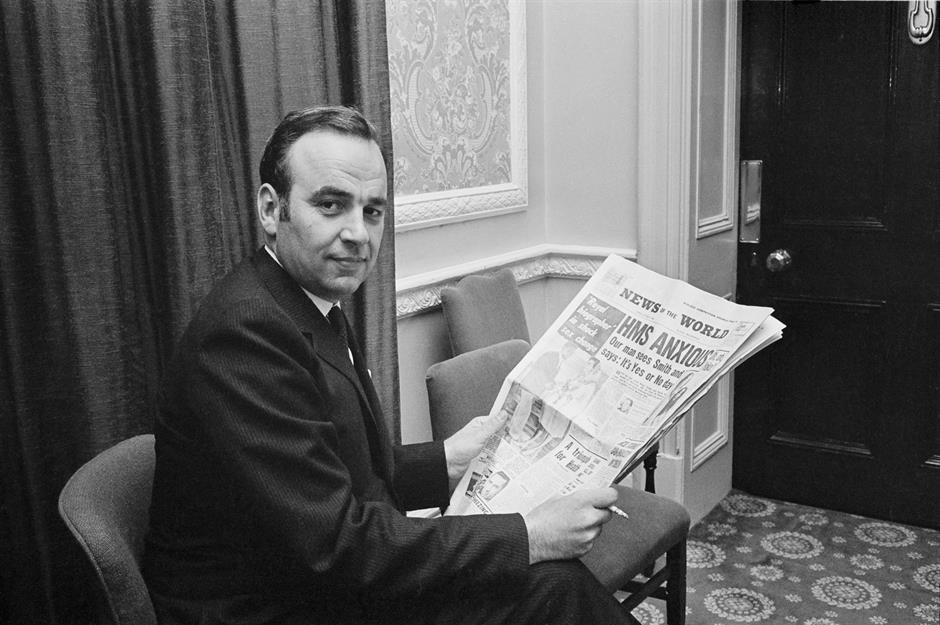
In 1967, Rupert divorced his first wife and tied the knot with Anna Torv, a journalist on one of his newspapers. Their daughter, Elisabeth, was born in 1968. Lachlan arrived in 1971, followed by James in 1972.
Rupert moved to London in 1968. At the time, his up-and-coming media empire was valued at $50 million, the equivalent of $452 million (£335m) in 2025 money. He wasted no time snapping up the popular Sunday tabloid, the News of the World. The following year he acquired struggling daily The Sun for a bargain £800,000, around $15 million (£11.1m) today.
By focusing on scandal and crime, combined with strong sports reporting and conservative editorials, he dramatically increased The Sun's circulation. This was further boosted by the introduction of the controversial Page Three topless model feature in 1970.
Rupert Murdoch's American media takeover begins
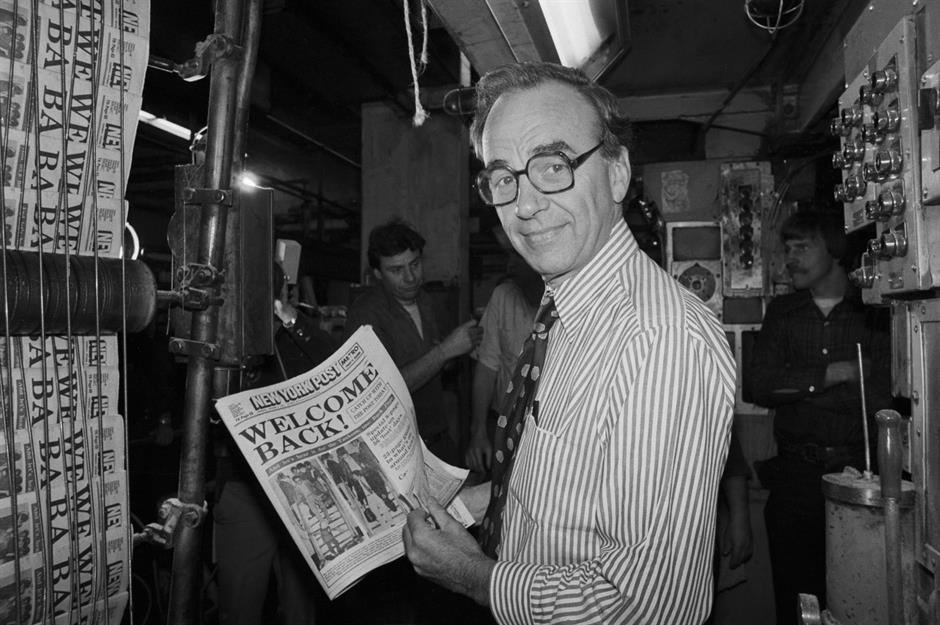
Rupert's expansion into the American media landscape began in 1973 with the acquisition of the San Antonio Express-News, a Texas-based tabloid. After relocating Stateside in 1974, he swiftly transformed the paper into a sensationalist publication, mirroring the successful strategies he had employed in Australia and the UK.
In 1974, Rupert launched the national tabloid magazine Star. Two years later, he acquired the New York Post, an ailing afternoon newspaper, for $30 million, the equivalent of around $166 million (£123m) today. Under Murdoch's leadership, the title underwent a dramatic transformation, becoming a more tabloid-style publication. His other 1970s US purchases included New York magazine (which he sold in 1991).
Sponsored Content
Rupert Murdoch establishes News Corporation
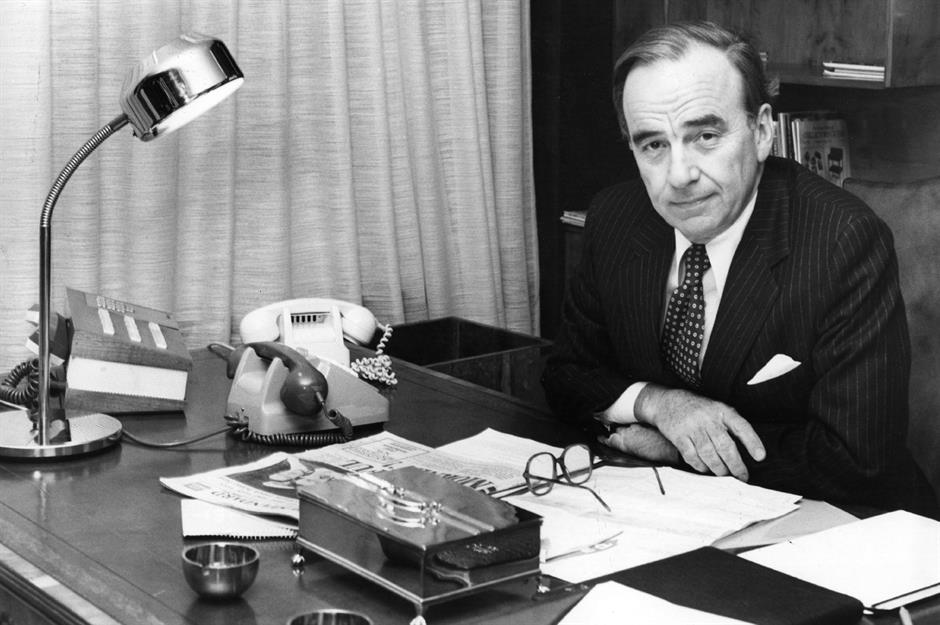
To consolidate his media holdings, Rupert established News Corporation in 1979.
This holding company served as a parent firm for his various media properties, allowing him to centralise control and leverage synergies across different businesses, a savvy move that paid off big time.
Rupert Murdoch's 1980s print acquisitions
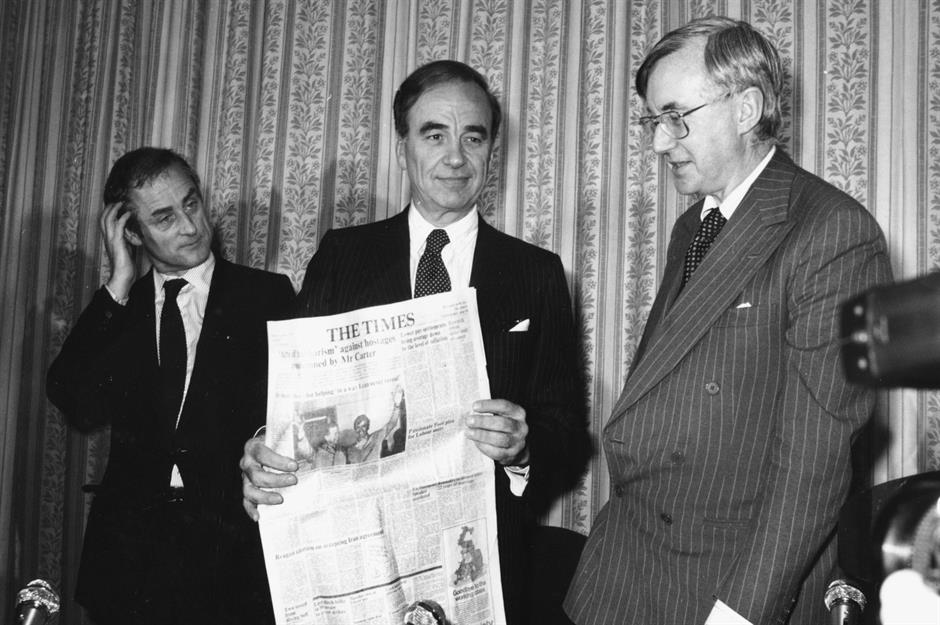
During the 1980s, Rupert sold Star and the New York Post (but re-acquired the Post in 1993). His other print acquisitions during the decade included high-brow UK newspapers The Times and The Sunday Times, US titles including the Boston Herald American, later the Boston Herald (bought in 1982 and sold in 1994), the Chicago Sun-Times (bought in 1984 and sold in 1986), and TV Guide magazine (bought in 1988 and sold in 2008).
Rupert also added various Australian titles and the Hong Kong-based South China Morning Post to his empire (the SCMP was subsequently offloaded in 1993).
Rupert Murdoch buys 20th Century Fox and debuts on the Forbes 400
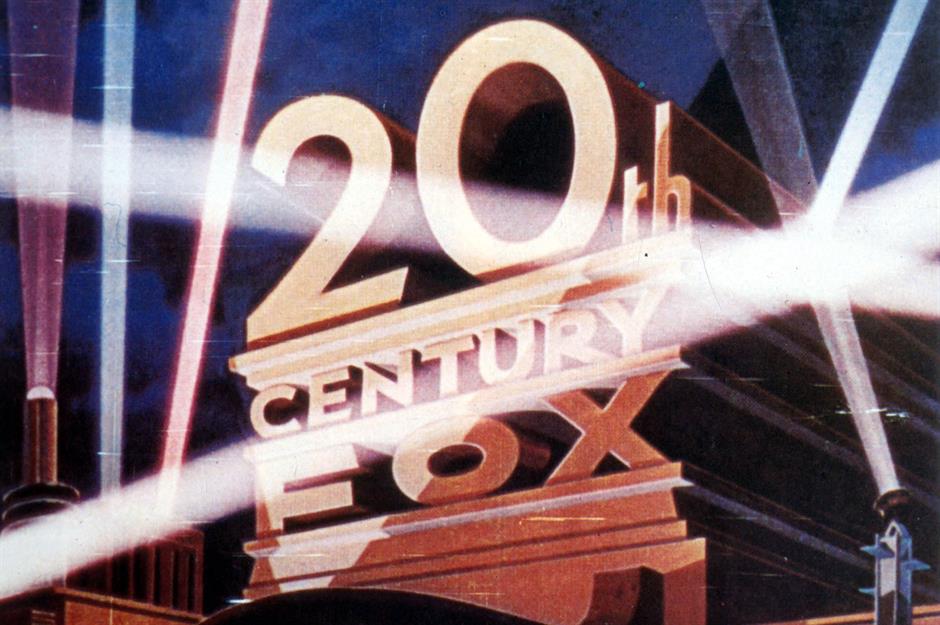
Rupert's biggest mark on the media scene during the 1980s was in TV and film. In 1985, he bought the Hollywood movie studio 20th Century Fox, along with several independent TV stations, which were consolidated into one entity called Fox Inc.
That same year, Rupert became a naturalised US citizen to overcome rules on foreign ownership of the media, since a non-American couldn't own more than 25% of a TV system. Also in 1985, Rupert made his debut on the Forbes 400 list of the wealthiest Americans, with an estimated fortune of $300 million, equivalent to $878 million (£651m) today.
Sponsored Content
Rupert Murdoch becomes a billionaire
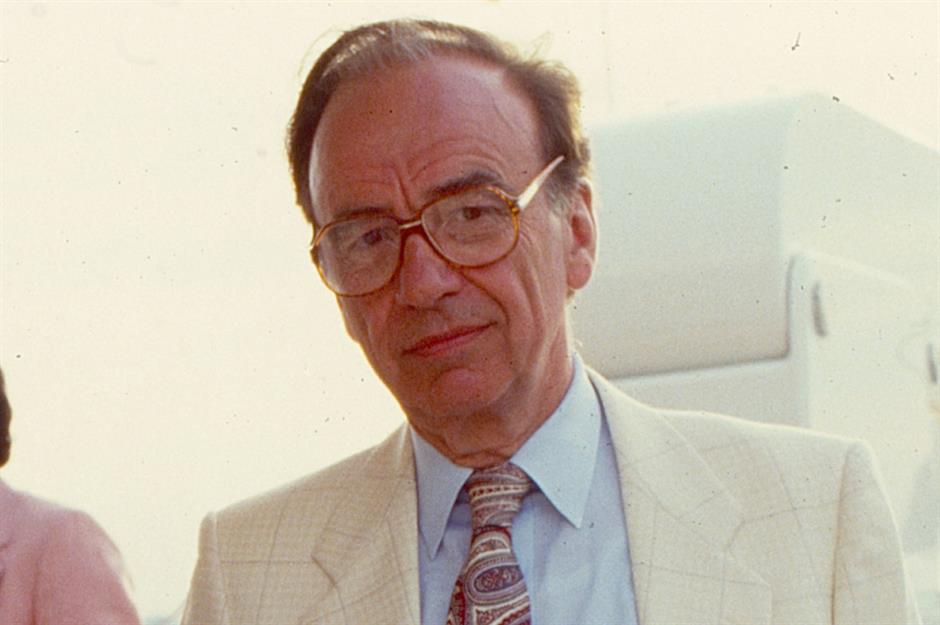
The following year, Forbes pegged the media mogul's fortune at $725 million, around $2.1 billion (£1.6bn) in today's money. In 1987, Rupert officially joined the billionaire club with an estimated net worth of $2.1 billion, equivalent to $5.8 billion (£4.3bn) today.
In 1988, News Corporation's holdings included a staggering 162 newspapers, 26 magazines, and seven TV stations in the US, UK, Australia, and Hong Kong. By this point, the company had what Fortune described as a breakup value of $10 billion, around $27 billion (£20bn) today. And in 1989, News Corporation created mega-publisher HarperCollins, having bought publishing houses Collins and Harper & Row.
Rupert Murdoch launches BSkyB, Foxtel, and Fox News
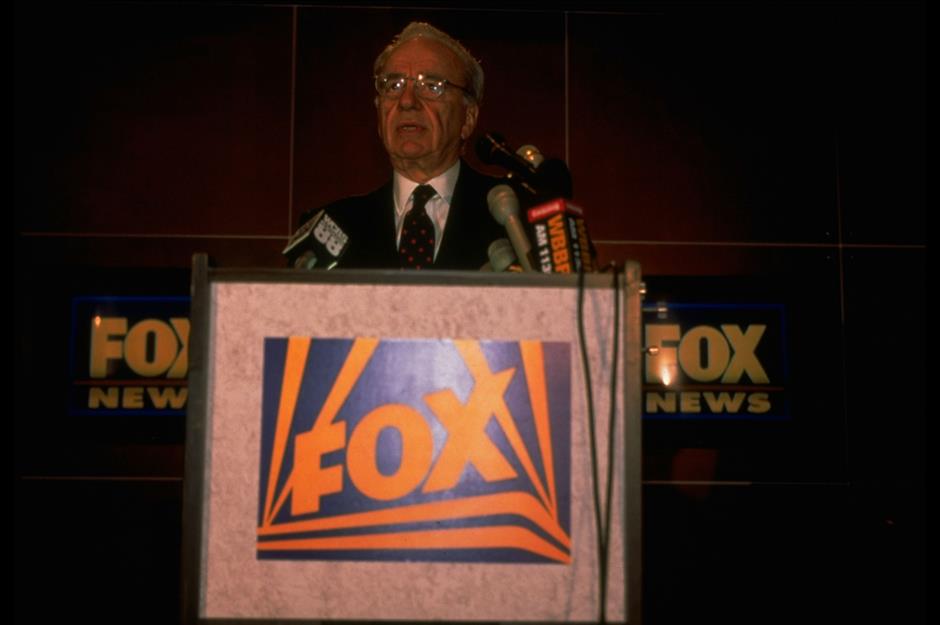
The 1990s marked a period of rapid expansion for Rupert Murdoch's media empire. Key developments during this decade included the launch of BSkyB in the UK, Foxtel in Australia, and the Fox News Channel in the US, which launched in 1996.
Highly controversial from its inception, Fox News quickly established itself as the dominant force in cable news and 'infotainment', known for its right-wing stance and provocative commentary. The network has been plagued by scandals in recent years, from allegations of harassment against its former chairman and CEO Roger Ailes to the promotion of false electoral fraud claims relating to the 2020 US presidential election, which culminated in a $787.5 million (£584m) payout to Dominion Voting Systems.
Rupert Murdoch divorces his second wife, sets up the irrevocable trust and marries Wendi Deng
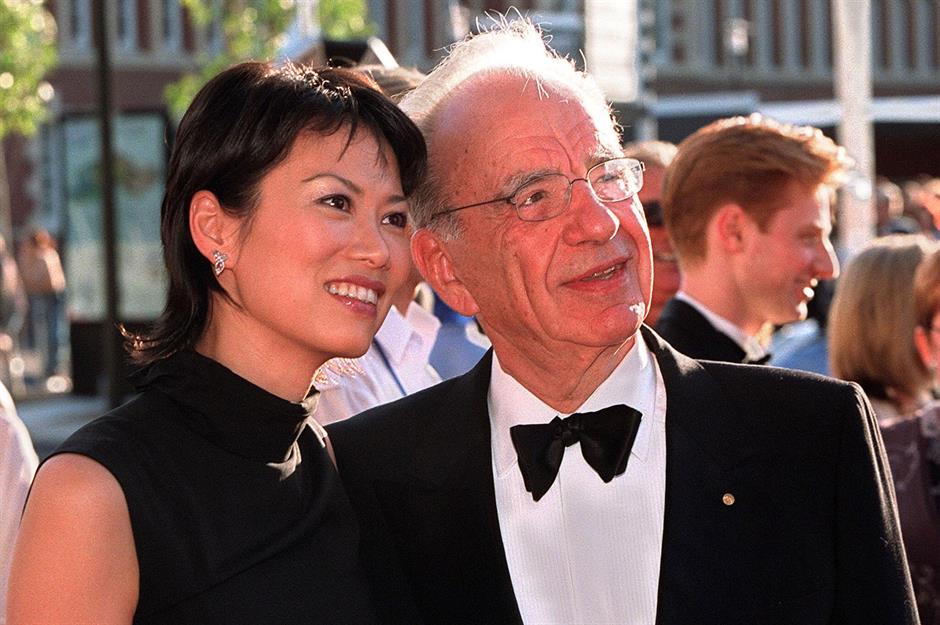
In 1999, Rupert divorced his second wife Anna and married Star TV executive Wendi Deng. In lieu of seeking an enormous settlement from her ex, Anna had an irrevocable trust set up for her three children and Rupert's daughter from his first marriage. The aim was to preserve the family's stakes in his business empire and give the four siblings equal voting rights when Rupert died.
Rupert would go on to have two daughters with Wendi, Grace and Chloe, but while they have equal access to the money, they lack voting rights as per the terms of the trust.
Sponsored Content
Rupert Murdoch's noughties acquisitions
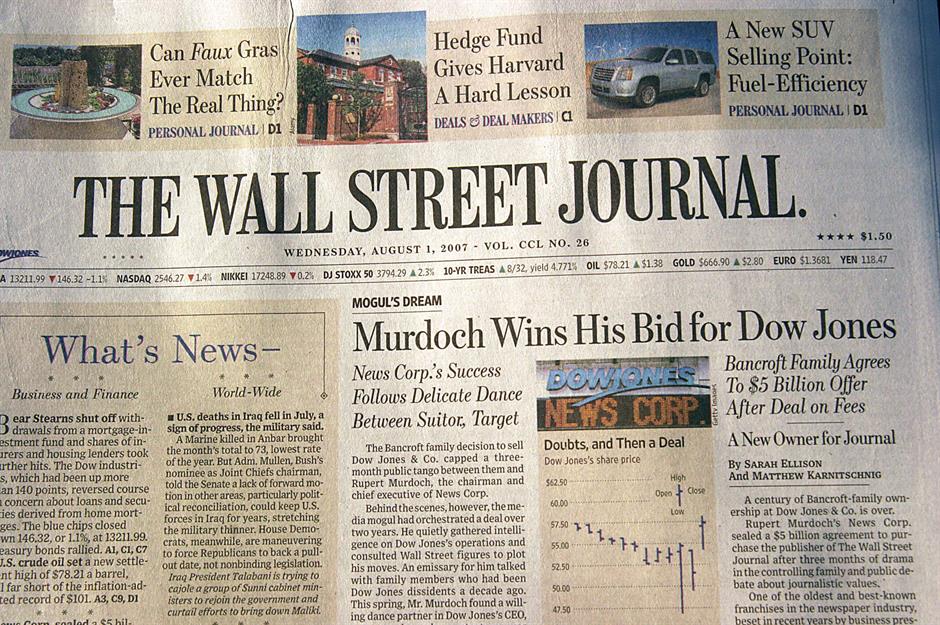
Rupert's empire expanded further in the noughties. News Corporation continued to grow its international media holdings, acquiring newspapers, TV stations, and satellite TV networks in various countries.
In 2005, News Corporation bagged Intermix Media, the parent of the social network MySpace, which was hugely popular at the time but ended up being eclipsed by Facebook. Two years later, Rupert's firm acquired Dow Jones & Company, the owner of The Wall Street Journal, solidifying its position as a major player in the financial news industry.
Rupert Murdoch and the phone-hacking scandal
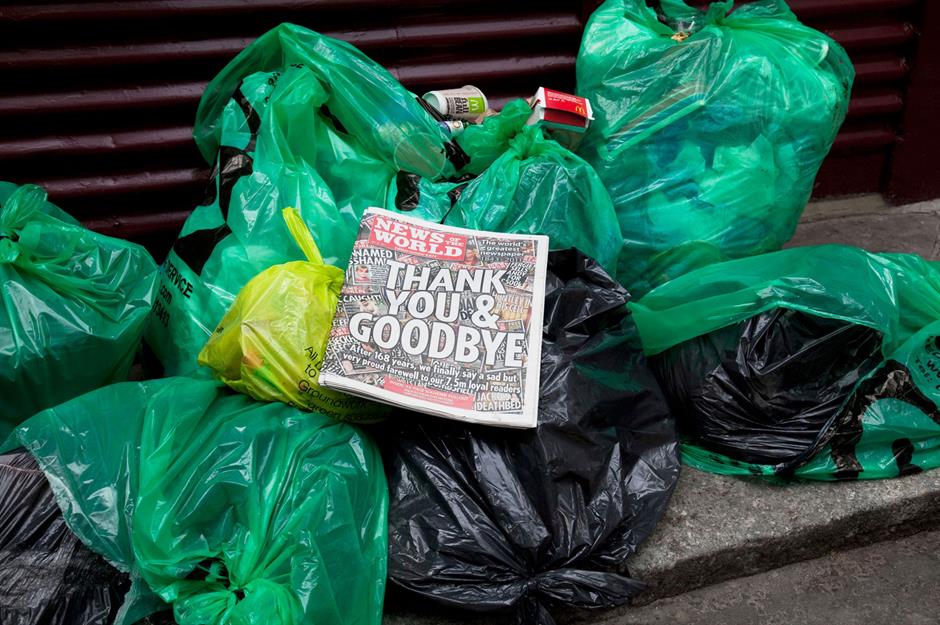
The 2010s were a tumultuous decade for Rupert's empire, which saw major upheaval.
In 2011, News Corporation was embroiled in a major scandal involving the hacking of mobile phones belonging to celebrities, politicians, British soldiers killed in the Afghanistan War, and even a murdered teenage girl. The scandal led to the closure of the News of the World newspaper.
Rupert Murdoch is criticised by the UK parliament
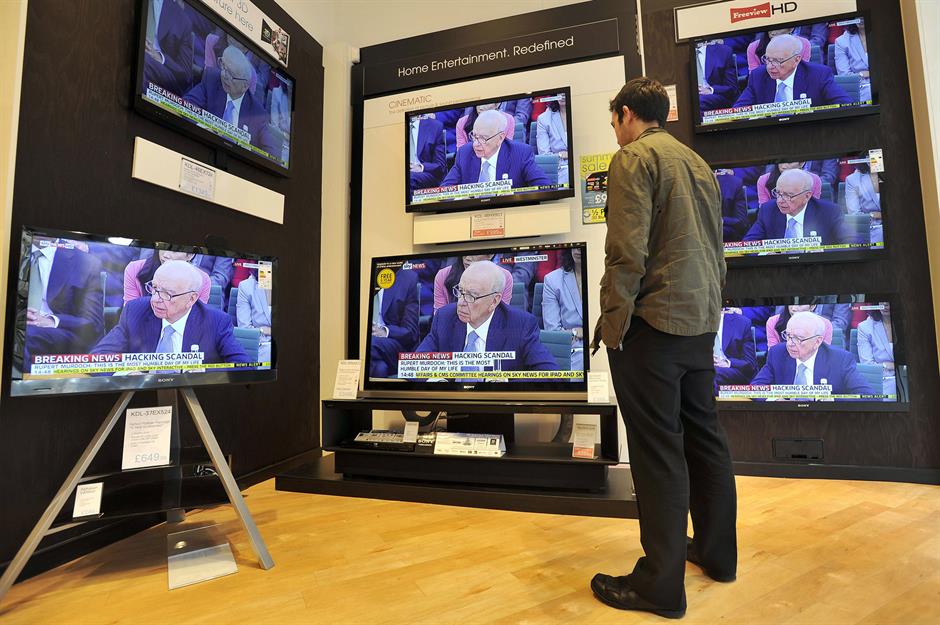
Rupert was severely criticised by the UK parliament, which deemed him unfit to run a major international company. The scandal also resulted in an FBI investigation of News Corporation.
The media mogul had long been accused of exerting undue influence on British politics. This was exemplified by his close relationships with leaders such as Margaret Thatcher and Tony Blair, as well as the infamous "It's The Sun Wot Won It" headline that claimed credit for the Conservative victory in the 1992 general election.
Moreover, the Murdoch press had been slammed for unethical behaviour well before the hacking scandal broke. Arguably the most outrageous example was The Sun's coverage of the 1989 Hillsborough disaster – a fatal crowd crush during a football match between Liverpool and Nottingham Forest at Hillsborough Stadium in Sheffield, England that claimed the lives of 97 Liverpool supporters. The Sun reported that Liverpool fans were to blame for the disaster, sparking a regional boycott of the tabloid.
Sponsored Content
News corporation is split into two
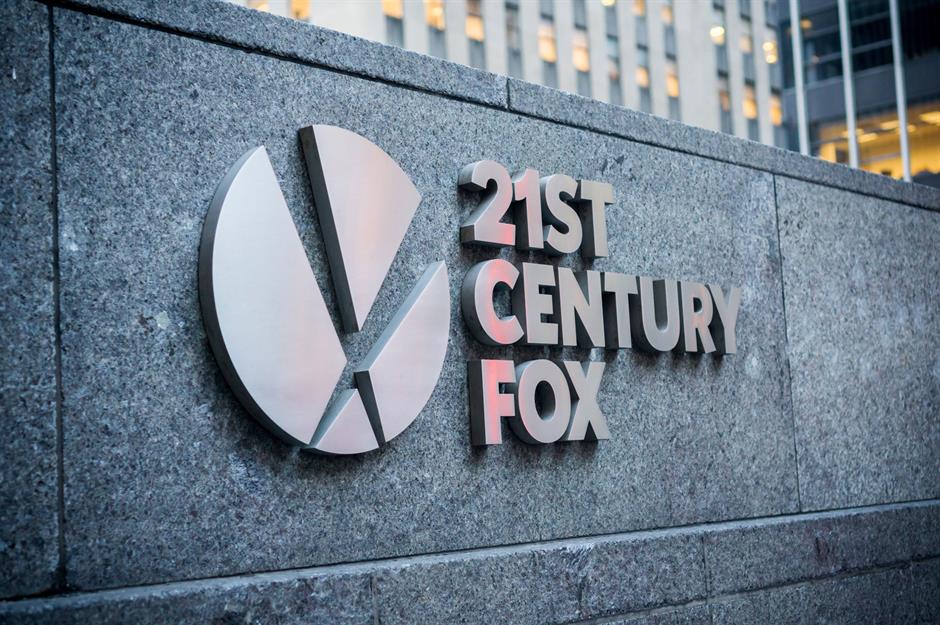
In the aftermath of the phone-hacking scandal, Rupert stood down from several of his newspapers' boards. News Corporation sold off a number of non-core assets and in 2013 the firm split into two companies, 21st Century Fox and News Corp, separating its entertainment assets from its publishing holdings.
That same year, Forbes listed Rupert as the richest foreign-born person in the US, pegging his fortune at $13 billion, the equivalent of $17.6 billion (13.1bn) in today's money.
Rupert Murdoch marries for a fourth and fifth time
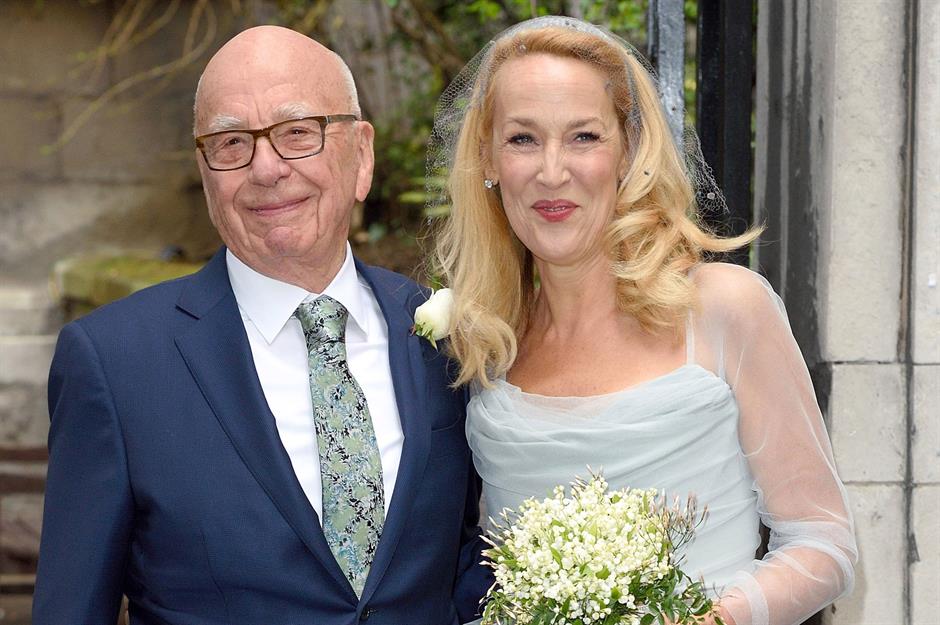
Rupert and Wendi divorced in 2013. Rupert then walked down the aisle again in 2016 when he married model and actress Jerry Hall. The couple divorced in 2022. According to Vanity Fair, Rupert put a non-compete clause in the divorce settlement banning his ex from providing plot suggestions to the writers of the HBO show Succession, a dramatisation of a media empire's succession saga.
Rupert has since married for the fifth time – the 94-year-old tied the knot last year with molecular biologist Elena Zhukova.
Rupert Murdoch sells 21st Century Fox's entertainment assets to Disney

In 2019, at the age of 88, Rupert sold his entertainment assets within 21st Century Fox to Disney for a staggering $71 billion (£52.7bn). This marked the largest financial windfall of his nearly seven-decade career, according to Axios. Rupert retained Fox News and a number of other assets, which were spun off into a new company called Fox Corporation.
The deal massively boosted Rupert's fortune, which hit $19 billion (£14.1bn) according to Bloomberg. However, the media mogul distributed the proceeds among his children, and his net worth fell back to $7 billion (£5.2bn). Bloomberg currently puts Rupert's wealth at $13.8 billion (£10.2bn), while Forbes factors in the wealth of his children too, with its estimate almost double Bloomberg's at $24.4 billion (£18.1bn).
Sponsored Content
Rupert Murdoch retires and appoints Lachlan as his successor
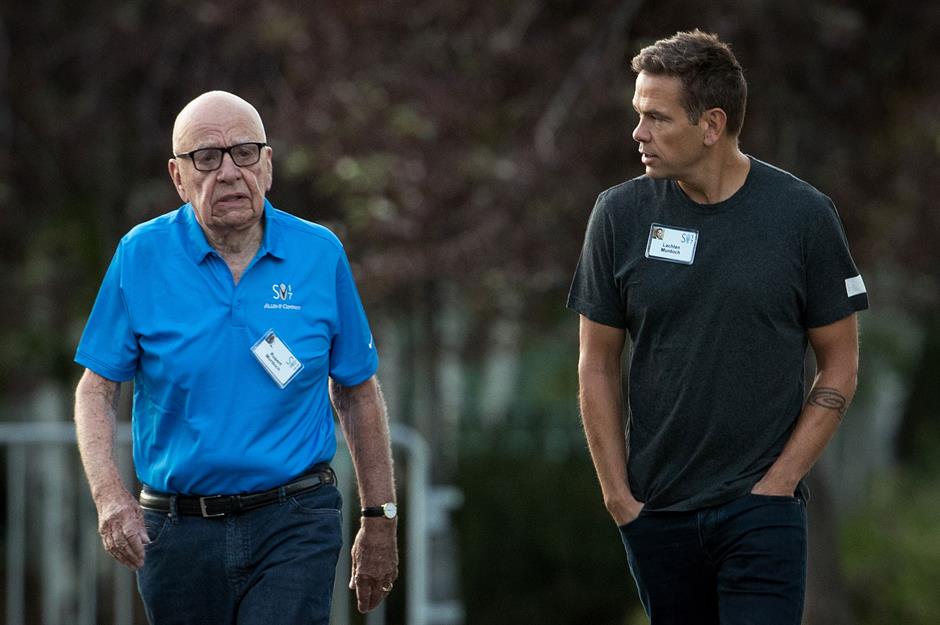
Rupert began to step back from his empire in 2022, working from home in Montana. In 2023, he announced his retirement as chairman of Fox Corporation and News Corp.
Setting the scene for a bitter succession battle, he appointed his eldest son Lachlan to serve as the sole chairman of both companies.
Lachlan Murdoch
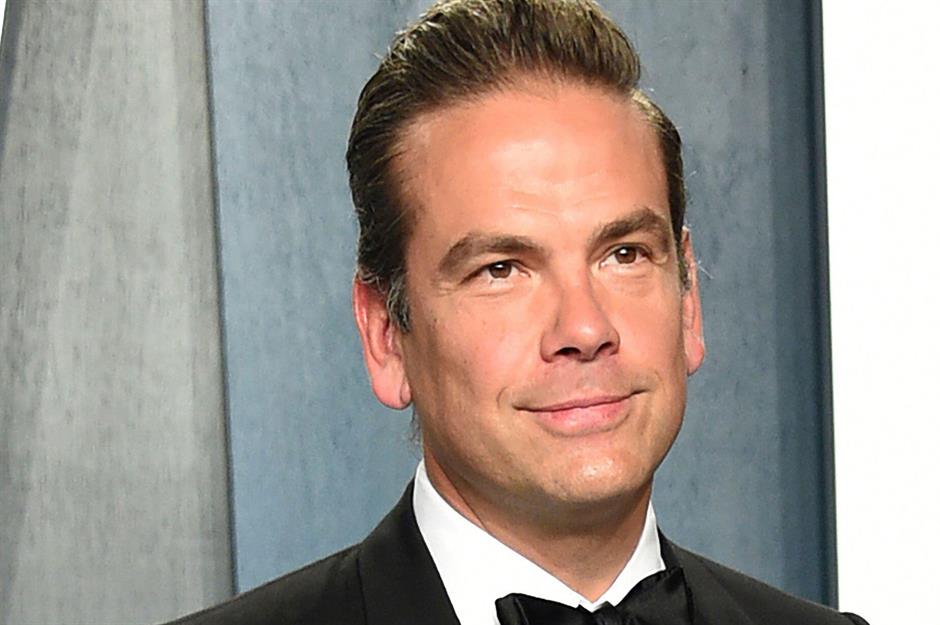
Lachlan shares his father's right-wing political stance. A Princeton graduate, he started working for the family business in 1995 but left News Corporation in 2005 after clashing with Fox News boss Roger Ailes.
The prodigal son returned to the fold in 2014 when he was appointed co-chairman of News Corp and 21st Century Fox, together with his brother James. The siblings' differing political stances came to the fore, with Lachlan keen to retain the businesses' conservative, nationalist viewpoint, while James was eager to pivot to a more centrist, global perspective.
James Murdoch
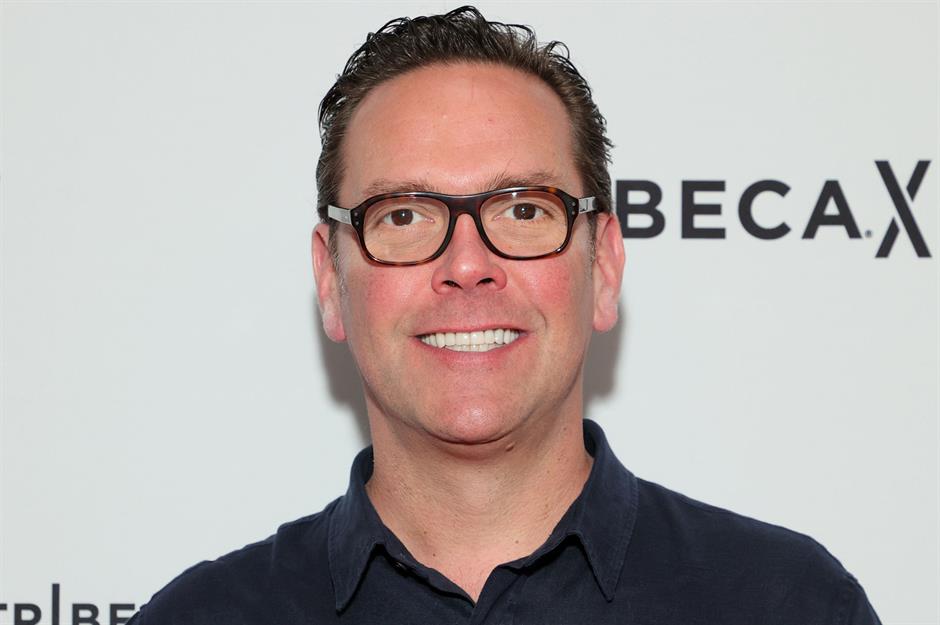
James dropped out of Harvard University in 1995 to start a record label and joined News Corporation the following year. After serving as CEO of India's Star Television he played a pivotal role at BSkyB. In the late 2000s, he was regarded as his father's likely successor since Lachlan had left the family firm.
Caught up in the phone-hacking scandal, James stepped down from BSkyB in 2012. A year later, he was made co-chairman of News Corp and 21st Century Fox, where he served as CEO. In 2017, he was re-elected chairman of Sky (the new name for BSkyB) but left the following year when the company was acquired by Comcast. His CEO role vanished when 21st Century Fox was sold to Disney in 2019, and the following year he resigned from the News Corp board citing “disagreements” over its editorial content.
He's since accused News Corp of spreading disinformation and recently displayed his liberal leanings by endorsing Kamala Harris for US president.
Sponsored Content
Elisabeth Murdoch
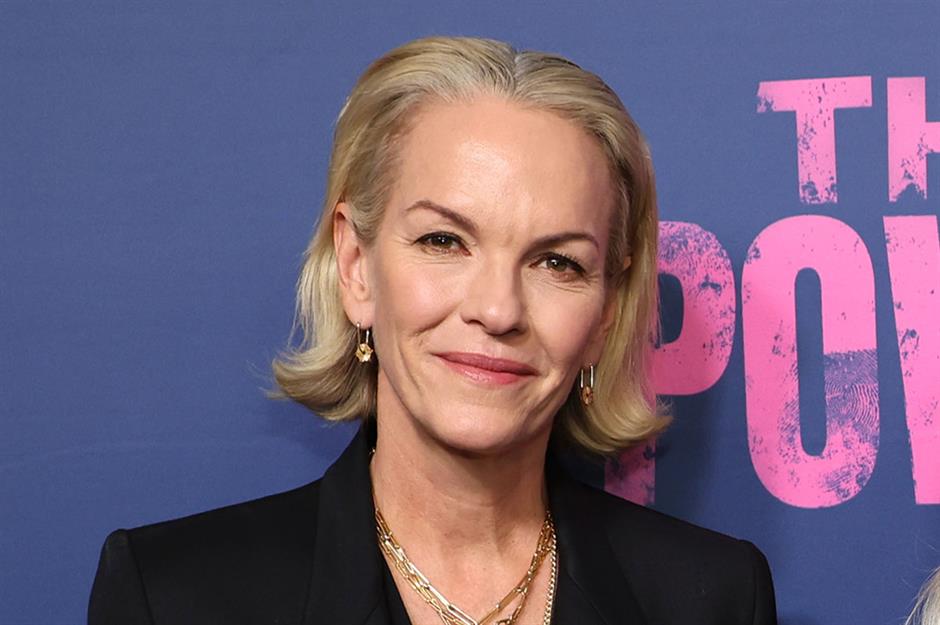
After graduating from Vassar College in 1990, Elisabeth held a number of roles in the family business, including managing director of BSkyB. The Murdoch scion also set up indie TV company Shine and entertainment production firm Sister, which has produced major hits including BBC drama Broadchurch and HBO's Chernobyl.
Like her brother James, Elisabeth is known for her liberal political stance. But unlike her breakaway sibling, who reportedly isn't on speaking terms with Lachlan and Rupert, Elisabeth maintains a good relationship with her brother and father. According to a source quoted in Vanity Fair, she is “terrified of Rupert dying mad at her”.
Prudence MacLeod
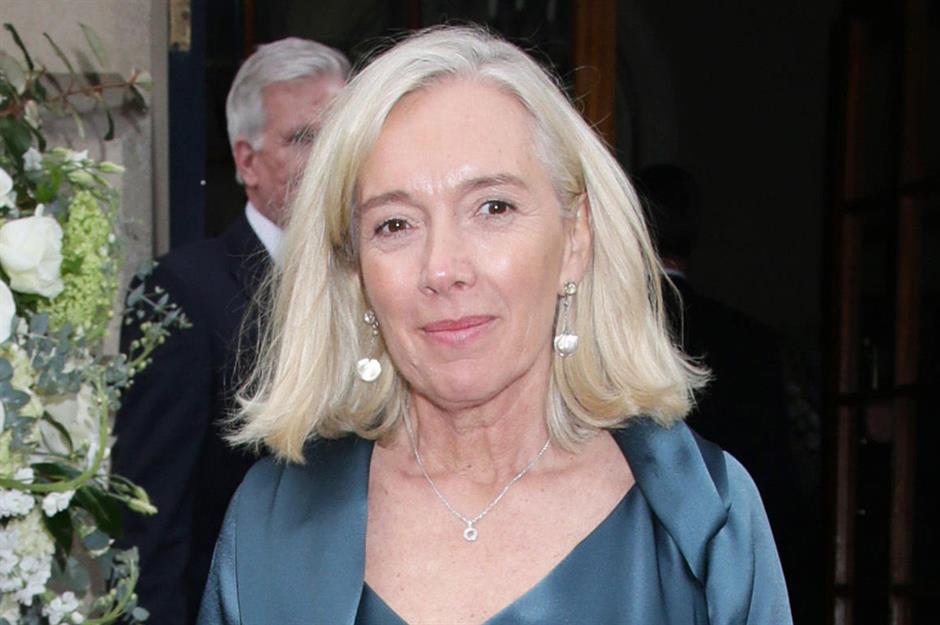
Prudence, Rupert's daughter from his first marriage, has held positions in the family business but generally played a much less prominent role than Rupert's children with his second wife. While Prudence's political beliefs are less well-known, her philanthropic activities, which include supporting action on climate change, suggest she may have a liberal perspective.
The individual net worths of Rupert's six children are uncertain, but they reportedly received around $2 billion (£1.5bn) each following the sale of 21st Century Fox's entertainment and assets to Disney in 2019.
The great Murdoch succession battle
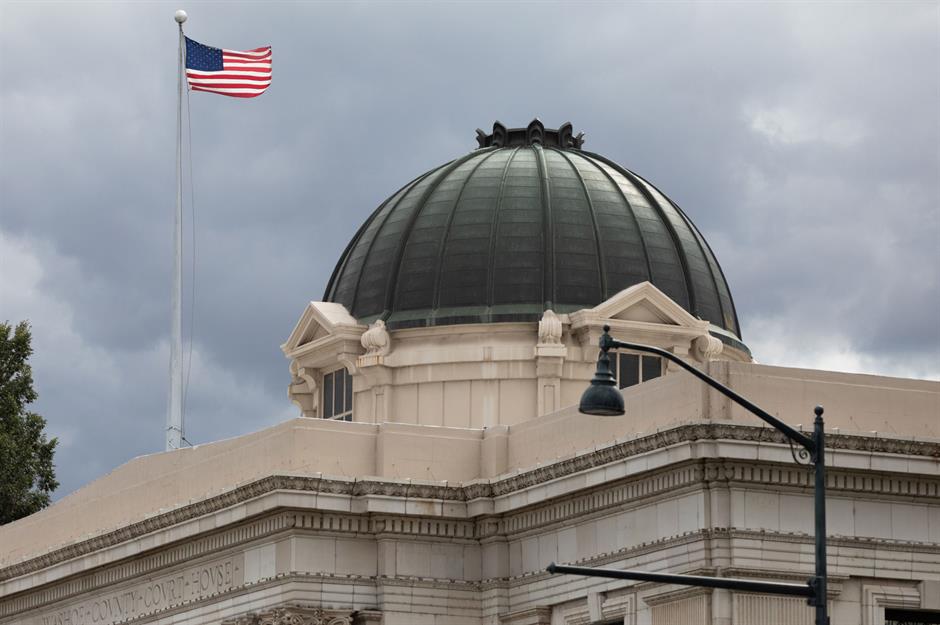
In December 2023, Rupert petitioned to amend the 1999 irrevocable trust agreement to give Lachlan control of his empire. The request was challenged in a Nevada court by James, Elisabeth, and Prudence.
The hearings for the case started in September 2024 and played out behind closed doors and away from the media glare. In December, the decision arrived.
According to the New York Times, a Nevada commissioner ruled that Rupert and Lachlan had acted in "bad faith" and reportedly called the efforts to change the family trust a "carefully crafted charade".
Sponsored Content
An uncertain future
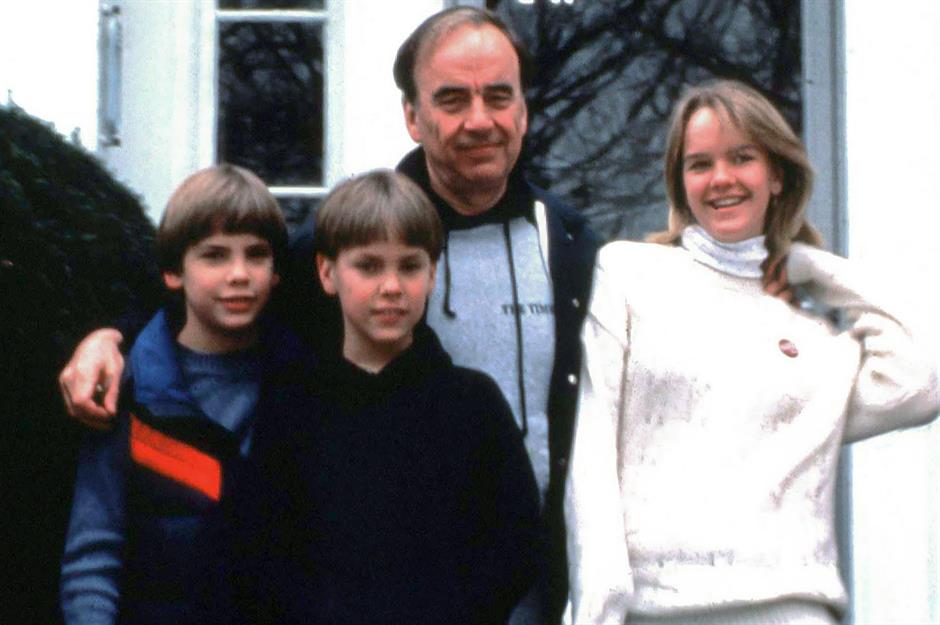
A spokesperson for Prudence, Elisabeth, and James said: "We welcome Commissioner Gorman's decision and hope that we can move beyond this litigation to focus on strengthening and rebuilding relationships among all family members." Meanwhile, Rupert reportedly planned to appeal the decision.
The outcome of the case had the potential to dramatically alter the trajectory of Fox News and the empire's other key assets, even leading to a more moderate direction if James, Elisabeth, and Prudence could exert more influence. But now a deal appears to have been reached...
Now discover the world's richest families today, and how they made their money
A 'mutual resolution'

It appears that Rupert may finally have succeeded in determining the future course of his empire. According to reports, James, Elisabeth, and Prudence have agreed to offload their personal holdings in Fox and News Corp. In return they’ll bank around $1 billion (£742m) each.
The “mutual resolution” brings all legal proceedings to an end and firmly cements Lachlan’s control of the media juggernaut. However, the media landscape today is vastly different from the one that Rupert helped to shape and dominate in his heyday. The future success of his remarkable business is far from certain.
Comments
Be the first to comment
Do you want to comment on this article? You need to be signed in for this feature